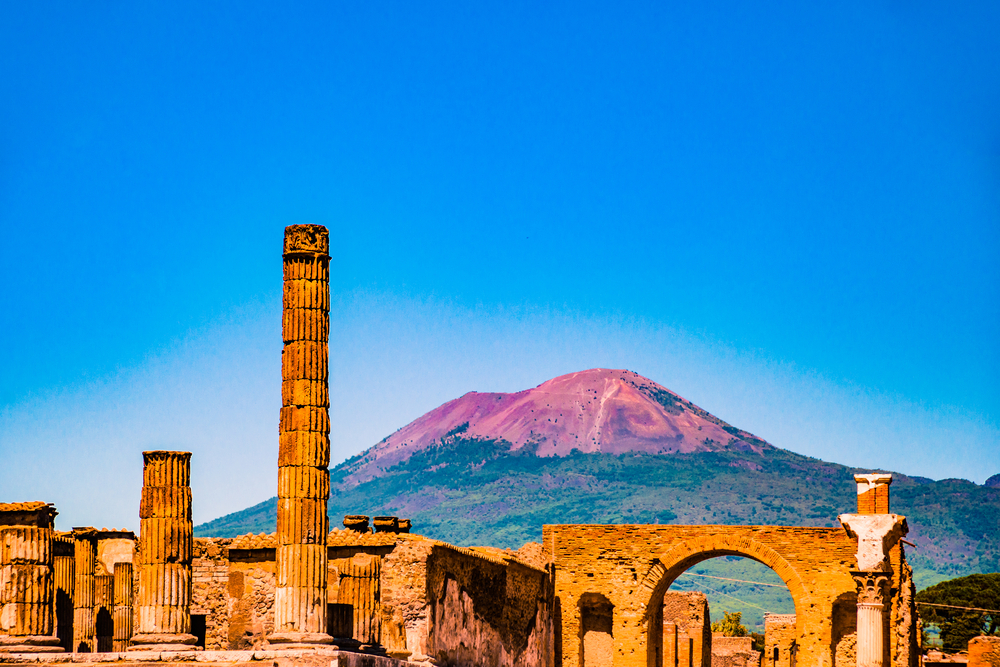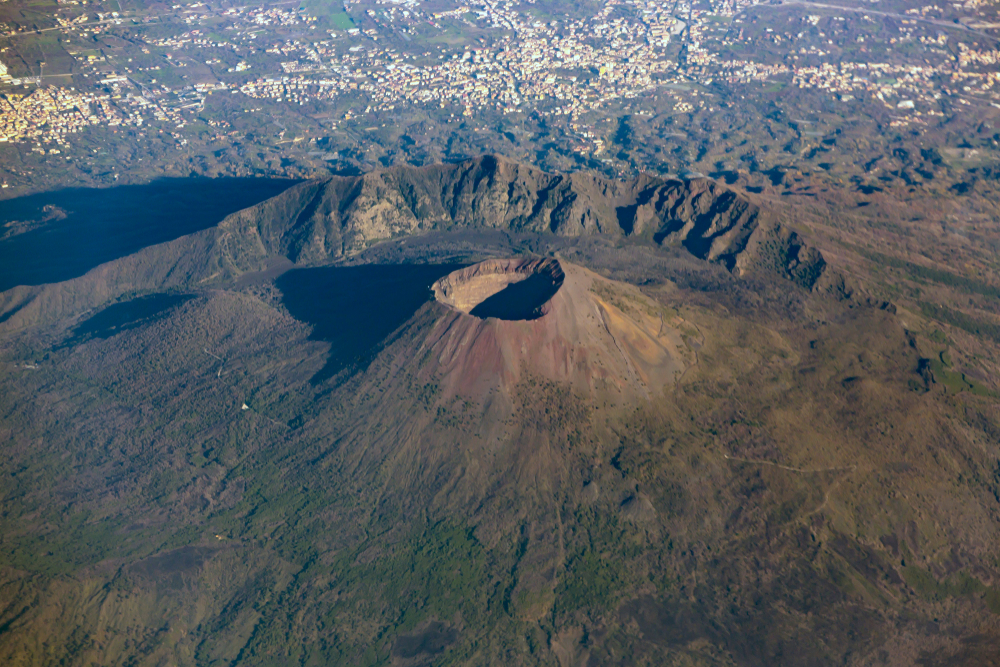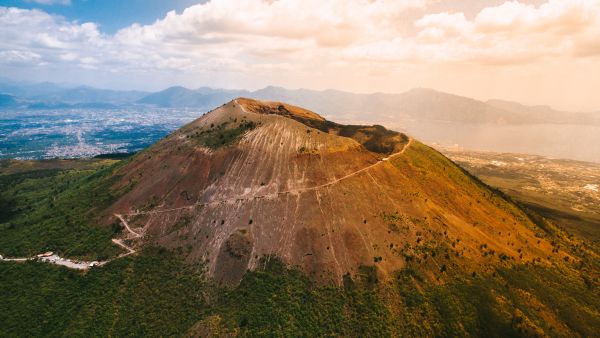ALBAWABA - A unique group of three researchers won $700,000 for using artificial intelligence (AI) to decode the contents of a scorched 2000-year-old Herculaneum scroll.
In detail, the trio targeted the Herculaneum papyri, a set of 800 Greek scrolls that were involved in the eruption of Mount Vesuvius in 79 CE, leading the ancient Roman town Pompeii to be buried under volcanic ashes.
The logs of hardened ash, kept in the National Library of Naples and Institut de France in Paris, have been considerably damaged and, in some cases, crumbled during attempts to unroll them.

Shutterstock
The contributors used high-resolution computed scans of four scrolls provided by the Vesuvius Challenge, which offers one million dollars across different prizes to inspire research. The trio behind the project was made of Julian Schilliger, a Swiss robotics student, Youssef Nader, a PhD student based in Berlin, and Luke Farritor, a SpaceX intern from Nebraska.
By using AI algorithms to distinguish ink from papyrus and using pattern recognition, they were able to detect faint and barely legible ancient Greek lettering on the scrolls. The competition tasked researchers to decode four passages of 140 characters with at least 85% of that text being recoverable.

Shutterstock
The efforts of this trio enabled the decryption of about 5% of the scroll, with the organizer, Nat Friedman, stating that the next phase of the competition would attempt to utilize the research to decode as much as 85% of the scroll.
This accomplishment would be a significant historical breakthrough as only a sparse 3% to 5% of ancient Greek texts remain available due to natural calamities and other incidents. The Herculaneum papyri, former property owned by Julius Caesar's father-in-law, may house thousands of more manuscripts.









